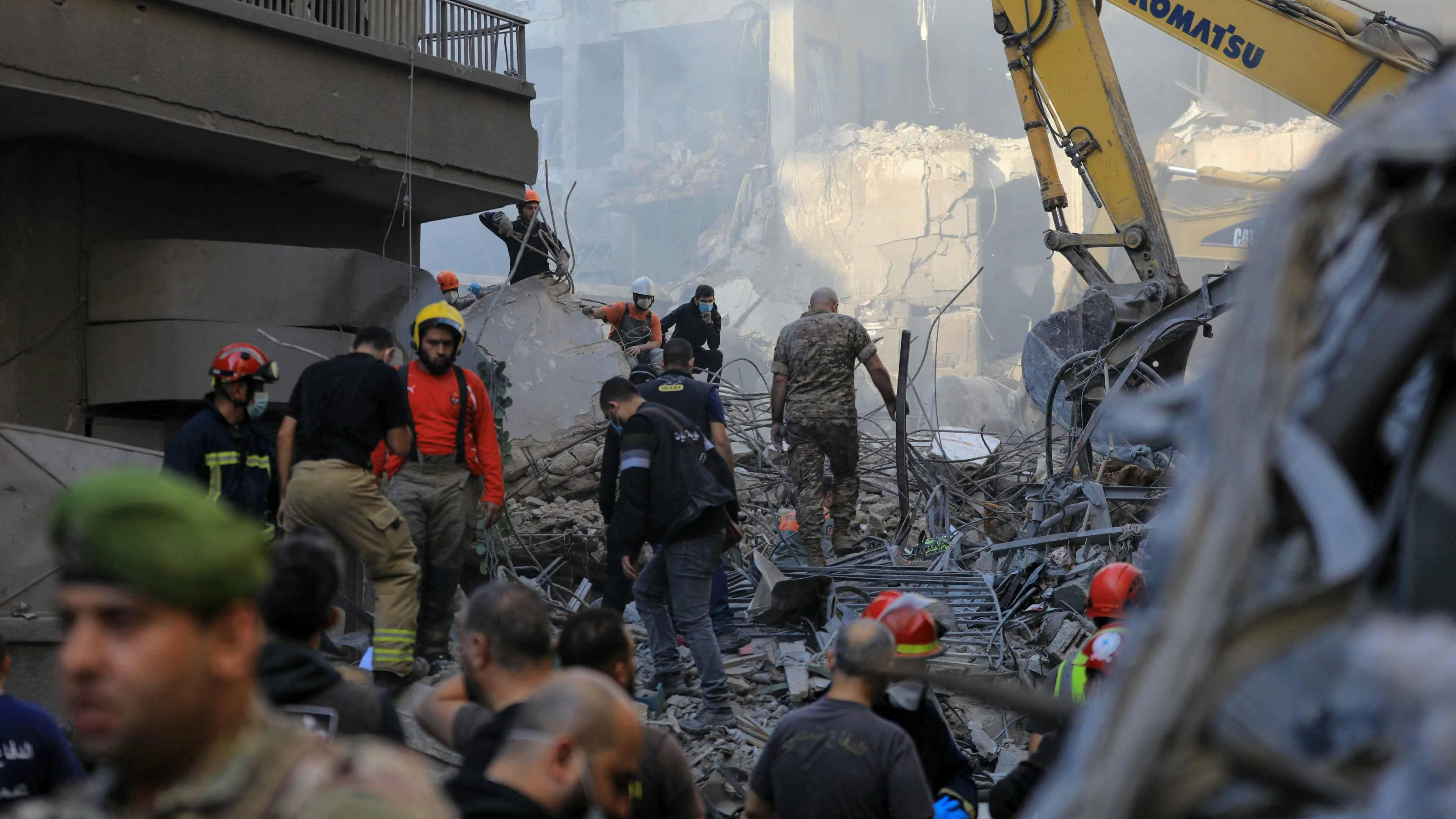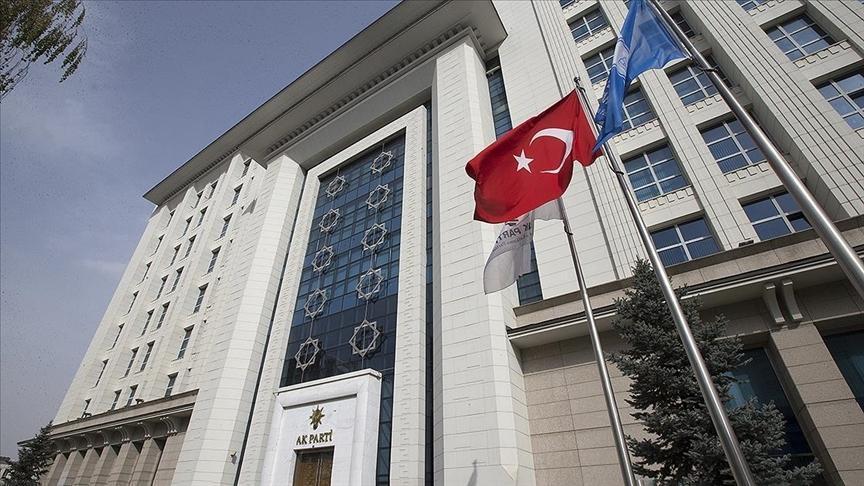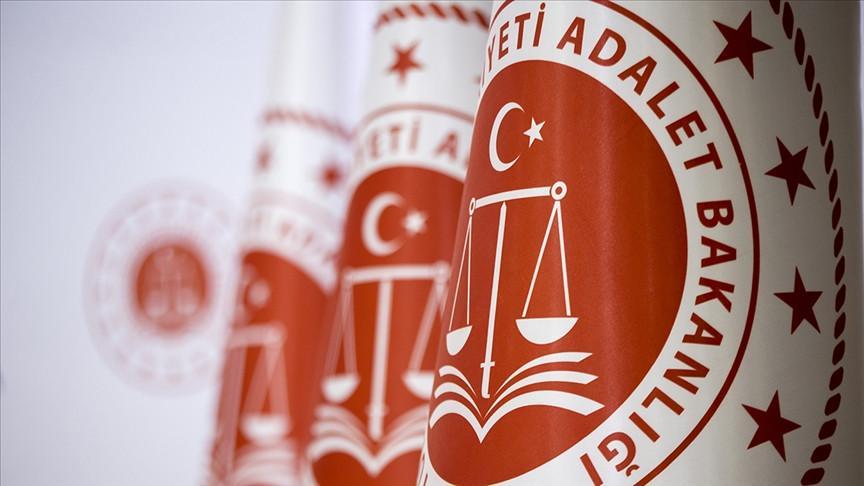An act of betrayal by the Committee to Protect Journalists
The New York-based Committee to Protect Journalists (CPJ) describes its goal as “promoting press freedom worldwide by defending the rights of journalists to report the news without fear of reprisal.”
This institution published a report regarding all arrested journalists worldwide on Dec. 8. The report indicated there was a 20 percent leap in the number of journalists put behind bars since last year, and that Iran topped the list with some 42 prisoners.
There were only eight imprisoned journalists in Turkey, according to the CPJ. The news appeared on daily Milliyet under the title “Portrait of Disgrace” on Dec. 9.
Milliyet’s title, of course, was right on the mark, because it would constitute an embarrassment for a country if even a single journalist went to jail for journalism.
The title was well on the mark, but let us take a look at whether the figure “8” provided by the CPJ in terms of the number of imprisoned journalists in Turkey is correct. By contrast, a statement issued by the Organization for Security and Co-operation in Europe (OSCE) on Apr. 4, 2011, regarding this matter indicated there were 57 journalists behind bars in Turkey.
The list on the website of the Turkish Journalists Union (TGS) said there were 63 journalists in prison as of October 2011.
So, how should the massive difference between the figure “8” and the numbers “57” and “63” be accounted for? After reading the CPJ’s report, we get the impression that for an imprisoned journalist to be recognized as an “imprisoned journalist,” they have to be put behind bars on accusations pertaining to “professional activities,” such as news or opinion pieces. In Turkey, on the other hand, many journalists are in jail not on the grounds of professional activities but on charges of “terrorism.”
There is a sinister issue here that calls for an explanation. The CPJ report also indicates that “offenses committed against the state,” such as treason, subversion or activities against national interests, are also used across the world as justifications to arrest journalists in addition to their professional practices.
And there are around 50 journalists in Turkey, most of whom are accused of being terrorists, or committing offenses against the state, who were excluded from the CPJ’s list of “imprisoned journalists.” Is it that the CPJ does not find it convincing when journalists are arrested across the world on this charge, but standing accused of “being a member of a terrorist organization” becomes a reason to disregard the professional identities of imprisoned journalists when Turkey is in question?
It’s quite intriguing. For instance, the CPJ has determined that “more than half of the 42 journalists imprisoned in Iran stand accused of committing offenses against the state.”
That being the case, why does the CPJ deem those arrested in Iran to be journalists but not those in Turkey?
This, perhaps, is the answer why: When the number of arrested journalists fall from 60 to eight in Turkey, which is upheld by the CPJ as a “stable democracy” even though it ranks it among the worst in the world in terms of press freedom, Iran then becomes the “world journalist arresting champion” by default. Or is it that the CPJ is putting its “struggle for press freedom” at the disposal of a foreign policy objective?
Ahmet Şık and Nedim Şener from the CPJ’s list of eight journalists are under arrest on charges of “aiding and abetting a terror organization.” Naturally, this accusation does not constitute an objective reason that would prevent them from being included in the list of “arrested journalists.” So, could this CPJ provide any objective reasons as to why other suspects accused of being terrorists in the Oda TV trials ought not to be regarded as having been arrested due to their journalistic activities? The “Freedom for Journalists Platform” (GÖP), which consists of 94 local and national media organizations, issued a message of condemnation against the CPJ last Thursday.
“We would like to highlight the fact that there is a very serious error, unless deliberately made, in this statement, and we are calling upon the CPJ to correct this mistake,” went the message regarding the claim about “eight arrested journalists.”
The statement issued by the GÖP practically described the CPJ’s betrayal: “If even a single journalist can be sent to prison in a country for their writings, it then becomes a fact that freedoms of press and expression have come under grave threat. When an international professional organization begins to fiddle around with numbers to lighten the gravity of the situation in Turkey, that would overshadow the struggle for press freedom in the world at large.
“That is because we would end up tacitly confirming the accusations of ‘terrorism’ directed at the 56 journalists currently being held in prison, some of whose trials have not yet even begun. This attitude would harm the arrested journalists and the legal processes relevant to them.”
*Kadri Gürsel is a columnist for daily Milliyet, in which this article appeared on Dec 19. It was translated into English by the Daily News staff.










